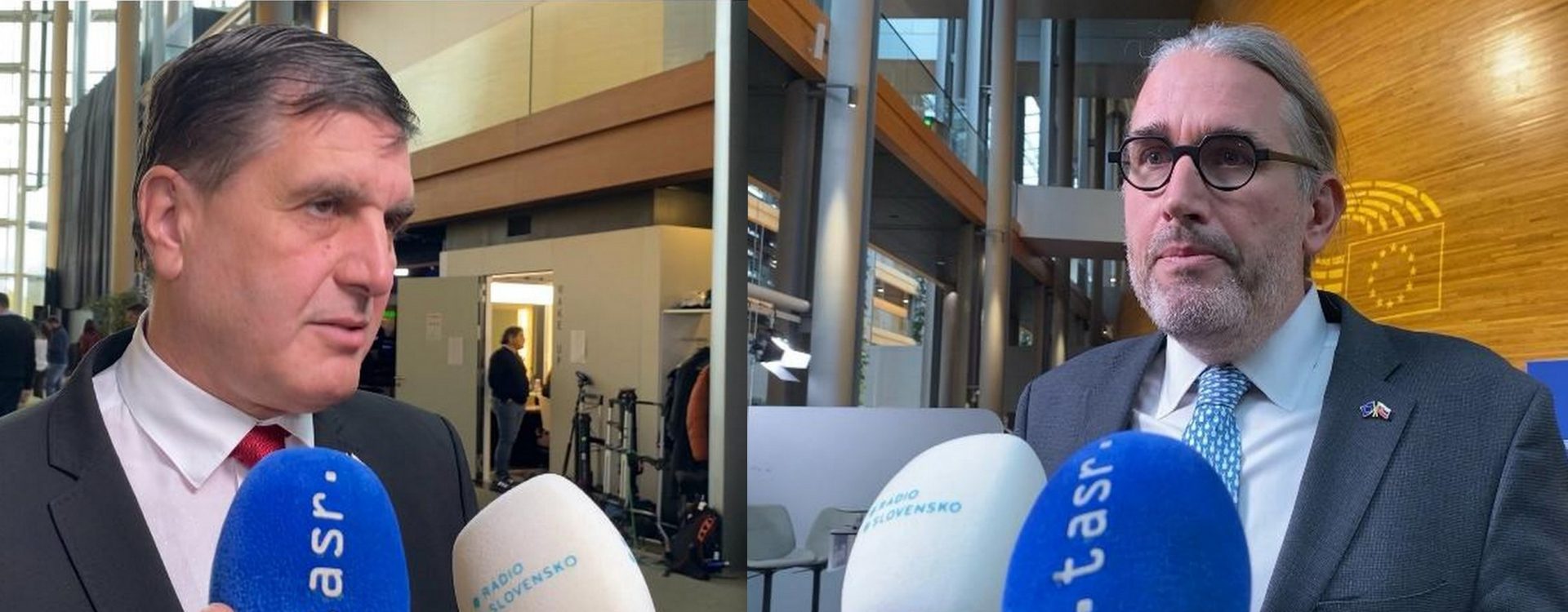
Strasbourg – On Thursday, October 23, at the European Council meeting in Brussels, EU leaders will discuss a proposal to release 185 billion euros from the frozen assets of the Russian central bank currently held in EU member states. This topic was also addressed by Members of the European Parliament (EP) during discussions in Strasbourg on Tuesday evening, with Slovak MEPs providing comments to TASR, as reported by a TASR correspondent.
Following Russia’s invasion of Ukraine in February 2022, the EU imposed a ban on all transactions involving the assets and reserves of the Russian central bank. Consequently, 260 billion euros in these assets are now frozen globally, with around 210 billion euros located within the EU, primarily managed by Euroclear, a financial services company headquartered in Belgium. Depending on interest rates, returns from these frozen assets could potentially reach three billion euros annually.
The European Commission characterizes the utilization of Russian frozen assets as a “reparative loan,” meaning that the assets would remain untouched, and Ukraine would repay the borrowed amount only once Russia fulfills its obligations for war reparations due to the destruction caused in Ukrainian cities and infrastructure.
“It is time for the aggressor to start paying for assistance to Ukraine.” Martin Hojsík
EP Vice-President Martin Hojsík (RE/PS) asserted that it is time for the aggressor to contribute to Ukraine’s assistance, emphasizing that the EU should have taken action sooner. He questioned why the assets of a nation that invades another country and causes civilian casualties should remain protected, insisting that Russia must face financial accountability for the war. In his view, no aggressor globally should have their assets safeguarded in other nations.
“There is no clear support for using frozen Russian assets to assist Ukraine.” Branislav Ondruš
MEP Branislav Ondruš (independent/Hlas-SD) noted that past EU summits have not shown clear support for the idea of utilizing frozen Russian assets for Ukraine’s assistance. He highlighted that Euroclear, managing up to 190 billion euros of the Russian central bank’s assets, had prepared a legal analysis stating that this initiative contradicts international law and could jeopardize confidence in the euro as a global reserve currency. He advocates for the European Commission to retract this proposal.
“I perceive numerous international legal risks. Feedback from several Western European leaders indicates that this proposal lacks thorough consideration,” he explained. He further mentioned that the creative suggestion by German Chancellor Friedrich Merz regarding a reparative loan for Ukraine does not resolve the potential conflicts with international law. (October 21)













Leave a Reply